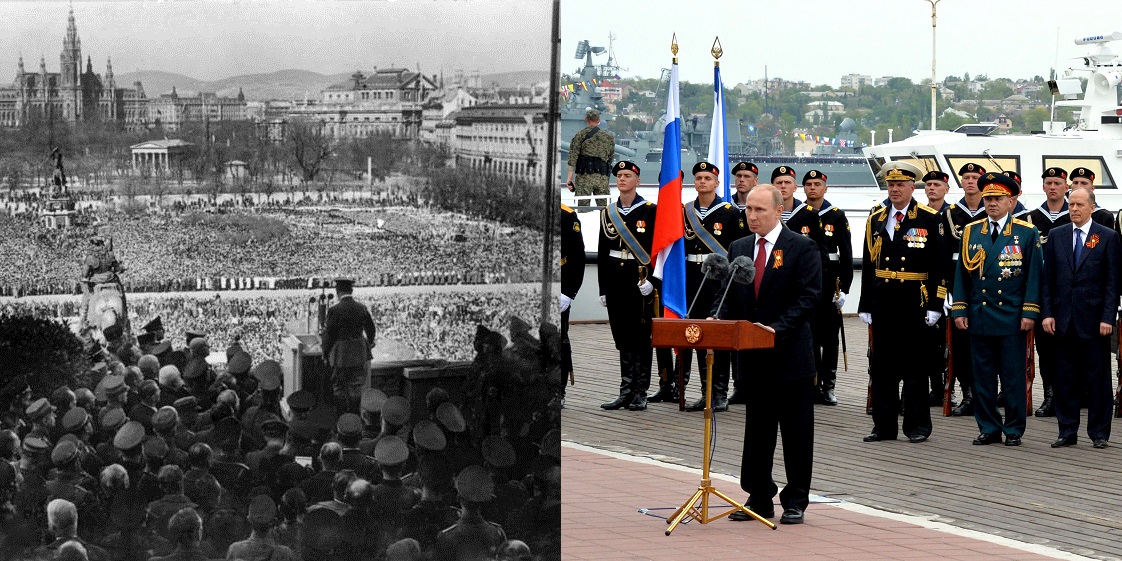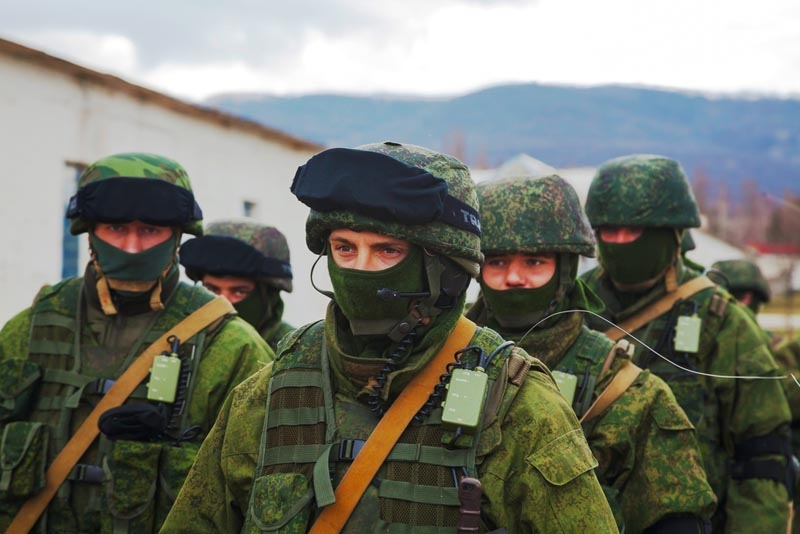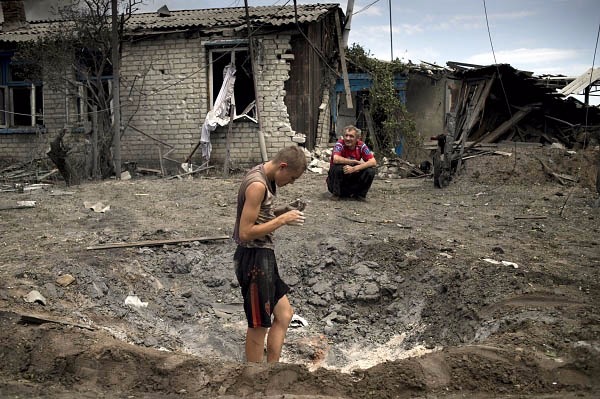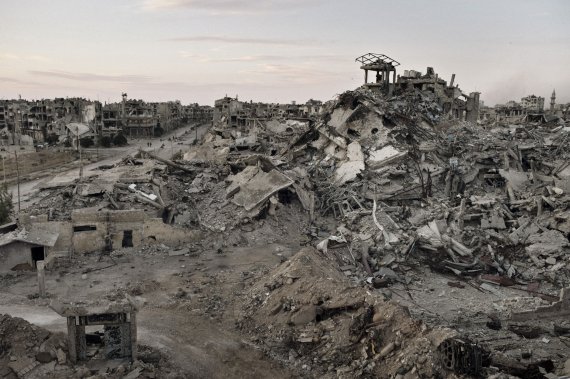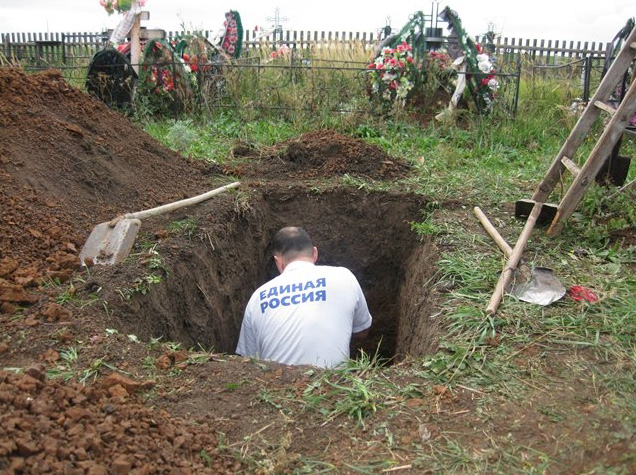Eight days ago, US Secretary of State posed a rhetorical question to his G-7 counterparts, “Why should US taxpayers be interested in Ukraine?” There are both compelling reasons why they should be and even more why the real question is why US citizens should be.
But when people, be they senior officials or ordinary citizens, begin asking questions like that, it is a clear indication that they are increasingly focusing on themselves rather than on broader issues and are tired of bearing the burdens that the situation or their leaders have demanded.
That makes a poll result from the Russian Federation, the country which has invaded Ukraine, especially interesting, because it suggests that Russian taxpayers are beginning to define the Ukrainian issue in much the same way Secretary Tillerson has. That is, they are asking why they should be interested in Ukraine if it is taking money away from them.
According to the Levada Center, Russians still view
the Anschluss of Crimea positively and dismiss Western criticism of it as a violation of international law. But it also found that 41 percent believe that the Kremlin has cut spending on education, healthcare, wages and pensions to finance the annexation, an indication of a softening of support for “Crimea is Ours.”
Even more significant, the survey recorded that only 24 percent
said that they believe that the Russian authorities were acting correctly in sending money to Crimea at a time when there are cutbacks on education, healthcare and other social needs in the Russian Federation as well. And roughly a third said that the authorities had made a mistake in doing so.
Obviously, given that Russia is a dictatorship rather than a democracy, such popular attitudes are not going to translate immediately into policy changes by the Kremlin. But they suggest that ever more Russians are suffering from what might be called “Ukraine fatigue” and that that the Kremlin to maintain its public standing may have to take that into consideration.
Related:
- Hitler's Anschluss and Putin's: Similarities and differences
- Chronology of the annexation of Crimea
- None of 8 myths in Putin's 'Crimea is Ours' ideology stands up to close examination, Popov says
- American CITIZENS should care about Russia's invasion of Ukraine
- Five reasons why supporting Ukraine is in the USA’s interests
- War with Ukraine reveals hypocrisy of Russian intellectuals
- Photo exhibition brings back reality of Ukraine’s forgotten war
- Ukraine and the US-Russia confrontation

